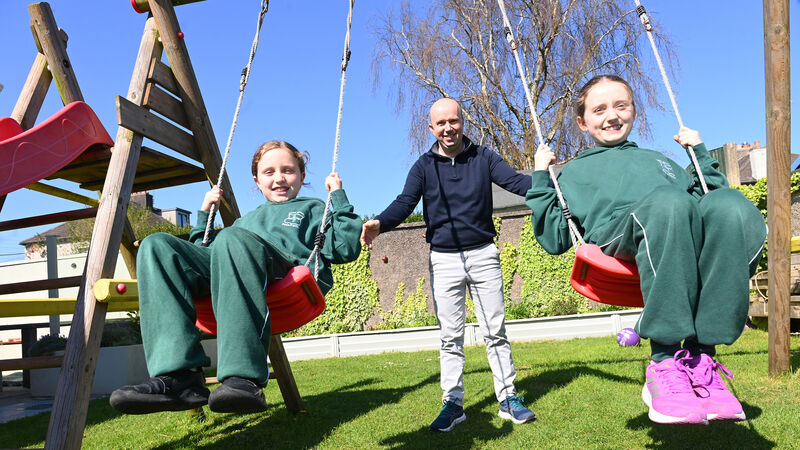Micro retirements: How temporary mental health leave can help long-term wellbeing

Colin Keane of Níos Fearr Consulting enjoys time out at home with children Cliodhna and Ciara. Picture: Larry Cummins
Try from €1.50 / week
SUBSCRIBE
Colin Keane of Níos Fearr Consulting enjoys time out at home with children Cliodhna and Ciara. Picture: Larry Cummins
This time last year, 46-year-old Colin Keane from Cork City was about to embark on a micro retirement.
Having spent 20-odd years working his way up to management level in the IT sector, he thought it was time for an extended break.
Already a subscriber? Sign in
You have reached your article limit.
Annual €130 €80
Best value
Monthly €12€6 / month
Introductory offers for new customers. Annual billed once for first year. Renews at €130. Monthly initial discount (first 3 months) billed monthly, then €12 a month. Ts&Cs apply.
CONNECT WITH US TODAY
Be the first to know the latest news and updates
Newsletter
The best food, health, entertainment and lifestyle content from the Irish Examiner, direct to your inbox.
Newsletter
The best food, health, entertainment and lifestyle content from the Irish Examiner, direct to your inbox.

Our team of experts are on hand to offer advice and answer your questions here
© Examiner Echo Group Limited